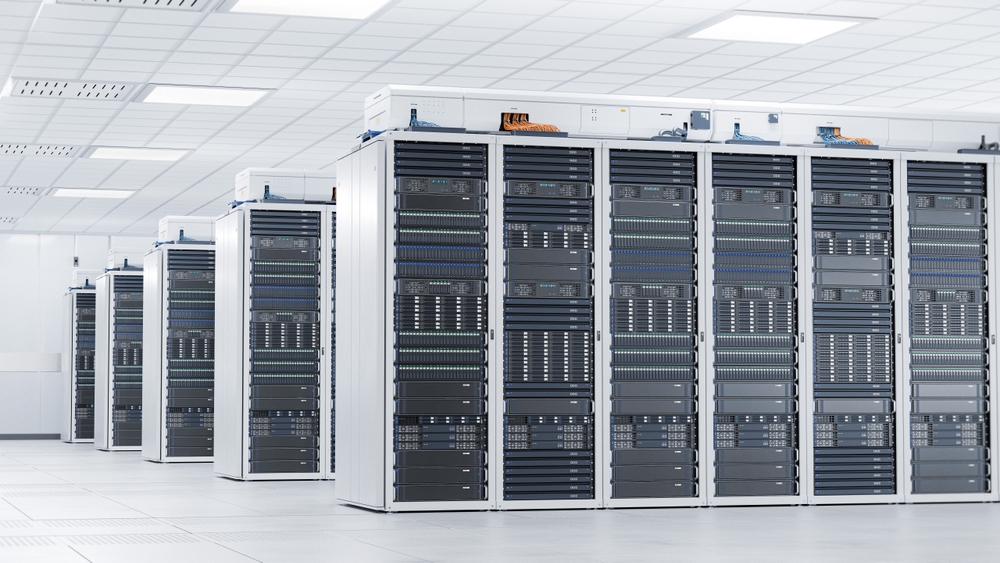Donald Trump’s trip to the Middle East kicked off with golden swords, white Arabian horses, and a royal welcome straight out of a Hollywood movie—and that’s before he even got his promised new, shiny Air Force One replacement waiting for him in Qatar. But beyond the theatrics, the real fireworks came from the deal-making. Tagging along were some of the biggest names in the American tech industry, and by the time the handshakes and coffee ceremonies were over, Trump and co. had locked in a mouthwatering $600 billion in business commitments, with U.S. tech companies—especially those in AI—set to be the big winners.
Confident Investing Starts Here:
- Easily unpack a company's performance with TipRanks' new KPI Data for smart investment decisions
- Receive undervalued, market resilient stocks right to your inbox with TipRanks' Smart Value Newsletter
At the heart of all this was Saudi Arabia’s bold plan to become a global AI powerhouse. The kingdom launched Humain, a new AI startup backed by its massive Public Investment Fund, and they’re sparing no expense. To get things started, Nvidia (NVDA) has already agreed to sell 18,000 of its top-of-the-line Blackwell AI chips, with “hundreds of thousands” more expected to follow. This is a golden opportunity for Nvidia—each chip can cost anywhere from $100,000 to $140,000, meaning the first batch alone could be worth nearly $2 billion.

Nvidia Is Merely the First Name in a Long List
However, Nvidia is simply the first name on the list to cash in. AMD (AMD) announced a $10 billion partnership with Humain to help build a next-generation AI cloud computing platform. The deal includes hardware, software, and infrastructure, with plans to power up to 500 megawatts of AI processing capacity—enough to rival the world’s largest data centers. This long-term strategic deal gives AMD a big leg up in the AI race and proves they’re more than just a second fiddle to Nvidia.
Qualcomm (QCOM) is another firm that joined the party. While it hasn’t yet rolled out a data center CPU, its agreement with Humain could finally bring its Nuvia acquisition to life and open new revenue streams in enterprise computing.
And it doesn’t stop there. A handful of major U.S. tech names—Alphabet (GOOG) (GOOGL), Oracle (ORCL), Salesforce (CRM), and Uber (UBER)—committed to $80 billion in investments tied to AI, cloud services, and data infrastructure across both countries. On the flip side, Saudi firm DataVolt is putting $20 billion into AI and energy infrastructure in the U.S., making it a two-way street for capital and innovation.

So What Does All This Mean for Investors?
It’s simple: sovereign-backed AI spending is real, massive, and just getting started. These aren’t startup-style rounds or speculative SPACs. These are state-level infrastructure bets, with real hardware, long timelines, and giant price tags. For companies like Nvidia and AMD, this means multi-year revenue visibility, not to mention a strong moat in a red-hot industry.
Investors should track analyst upgrades, hedge fund activity, and insider buying in AI-exposed names. The Saudi deals could easily translate into better earnings forecasts, higher margins, and stronger demand across the sector.
Trump’s trip was flashy, but behind the gold and the horses was a clear message: AI isn’t just tech anymore. It’s geopolitics, business, and the future of global power.
Using TipRanks’ Comparison Tool, we’ve analyzed the key American AI and tech companies participating in the Saudi deal, along with others that could be affected by the emerging U.S.-Saudi partnership.

Looking for a trading platform? Check out TipRanks' Best Online Brokers , and find the ideal broker for your trades.
Report an Issue















